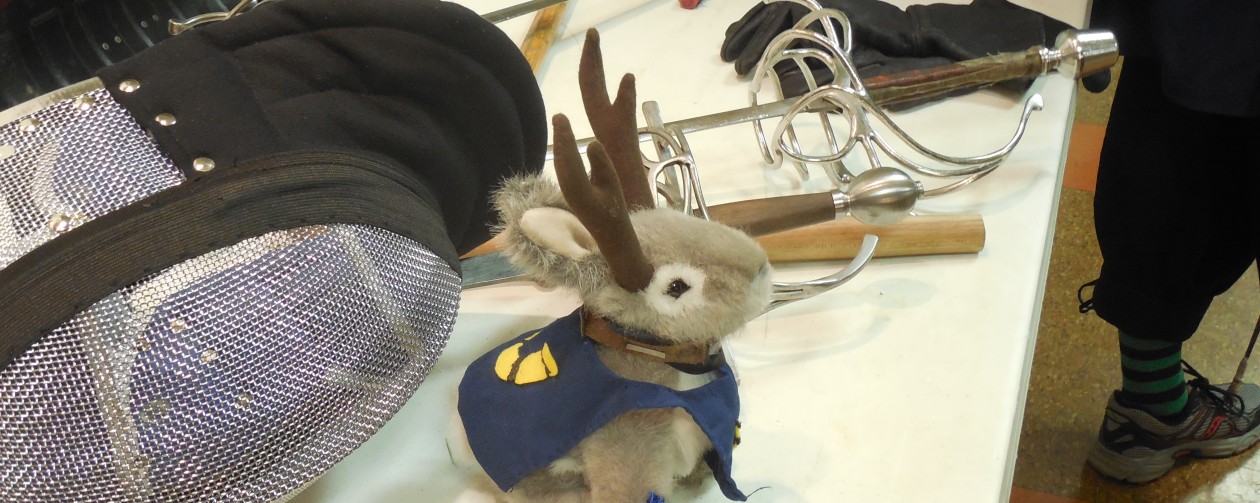Today, I am reading and commenting on Leviticus 8-9.
The Book of Exodus contains a detailed description of the commands God had given for consecrating the Tabernacle, and Aaron and his sons. Then the end of Exodus contains a description of the setup and consecration of the Tabernacle, with a passing reference to the ordination of Aaron and his sons. Here in the Book of Leviticus, we have description of the consecration and ordination of Aaron and his sons, with a passing reference to the consecration of the Tabernacle. In the instructions for ordaining Aaron and his sons, the Book of Exodus calls for the offering of sacrifices every day for seven days, then for Aaron to offer sacrifices for the people of Israel on the eighth day. In today’s passage where it actually describes the ordination of Aaron and his sons it does not mention the daily sacrifices. However, it does say that Aaron and his sons remained in the Tabernacle for seven days, eating of the sacrifice(s) for those seven days, then offering sacrifices for the people of Israel on the eighth day. In the Exodus account of the setup and consecration of the Tabernacle it says that God’s presence filled the Tabernacle at the conclusion of the sacrifices. Here it says that the glory of the Lord appeared before the people in the Tabernacle at the conclusion of the sacrifices offered by Aaron for the people in order to conclude his ordination. I believe these two accounts record the same event from different perspectives. Both accounts contain areas where they gloss over details which do not relate to their primary focus: the Exodus account glosses over the ordination of Aaron, while this account glosses over the consecration of the Tabernacle. While the accounts are different enough that the ordination of Aaron and his sons may have taken place some days or weeks after the consecration of the Tabernacle, it seems to me more likely that Aaron’s ordination took place as part of the consecration of the Tabernacle, or immediately following it.
I use the daily Bible reading schedule from “The Bible.net” for my daily Bible reading.










